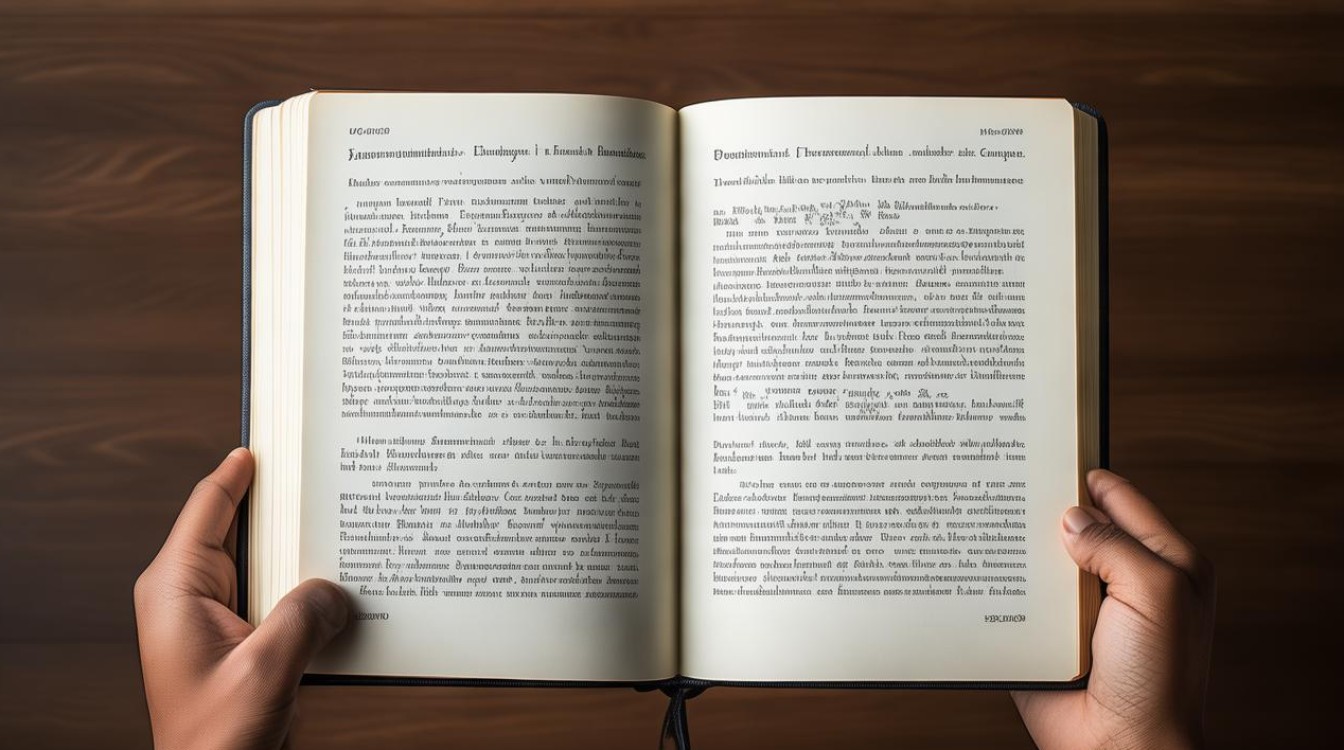在日常交流或写作中,我们常常需要表达"经常"这个概念,但英文中对应"经常"的词汇和短语非常丰富,不同语境下适用的表达也各有差异,掌握这些表达方式的细微差别,能让你的英语更地道自然。

基础高频表达
-
often
最通用的"经常"表达,适用于大多数场景,频率约50%-70%。
例句:She often goes jogging in the morning. -
frequently
比often更正式,强调重复发生的规律性,多用于书面语。
例句:The equipment requires frequently maintenance. -
regularly
强调规律性和周期性,暗示有计划的经常行为。
例句:He regularly donates to charity every month.
程度更强的表达
-
constantly
表示几乎不间断地发生,可能带有轻微负面意味。
例句:My neighbor is constantly playing loud music. -
continually
强调反复发生且持续时间长,中间可能有短暂间隔。
例句:Technology is continually evolving. -
repeatedly
侧重动作的重复性,常指刻意为之的反复行为。
例句:The child repeatedly asked for ice cream.
程度较弱的表达
-
sometimes
频率约30%,介于"偶尔"和"经常"之间。
例句:I sometimes work late on Fridays. -
occasionally
比sometimes更正式,频率约20%-30%。
例句:We occasionally meet for coffee.
-
from time to time
口语化表达,暗示不规律但会重复发生。
例句:He visits his hometown from time to time.
特殊情境表达
-
habitually
强调习惯性的经常行为,多用于描述长期形成的习惯。
例句:She habitually checks her phone first thing in the morning. -
invariably
表示几乎每次都如此,接近"总是"。
例句:He invariably arrives 10 minutes early. -
customarily
侧重传统或习俗导致的经常行为,较正式。
例句:It's customarily to exchange gifts during the festival.
口语化表达
-
a lot
非常口语化,适用非正式场合。
例句:We go to that café a lot. -
all the time
强调频率极高,可能带有夸张意味。
例句:You're on your phone all the time! -
more often than not
表示"多半""十有八九"。
例句:More often than not, he chooses to stay home.
正式书面表达
-
on a regular basis
商务和正式文件中常用。
例句:Reports are submitted on a regular basis.
-
with great frequency
学术和正式报告中多见。
例句:The phenomenon occurs with great frequency in coastal areas. -
perennially
文学性较强,表示长期持续的经常状态。
例句:This is a perennially popular tourist destination.
容易混淆的表达辨析
-
always vs. often
always表示100%频率,often约60-70%。
错误:I always go to the gym on weekends.(除非真的每周都去)
正确:I often go to the gym on weekends. -
usually vs. normally
usually强调惯例,normally侧重标准状态。
例句:I usually drink coffee in the morning.(个人习惯)
Normally, the office opens at 9am.(标准情况) -
seldom vs. rarely
两者都表示"很少",但rarely更强调稀少程度。
使用技巧
-
避免过度使用often,适当替换其他表达使语言更丰富
-
正式写作中优先选择frequently、regularly等词汇
-
口语中可使用a lot、all the time等更自然的表达

-
注意程度副词的位置:一般放在实义动词前,be动词后
正确:She is often late.
正确:He frequently travels abroad. -
使用频率副词时,时态选择也很重要:
- 现在简单时:表示经常性习惯
- 现在进行时:与always连用表达情绪(如抱怨)
例句:You're always interrupting me!
准确使用这些表达能让你的英语更地道,建议在日常阅读中多留意这些词汇的实际应用场景,通过大量输入培养语感,英语表达的精髓在于根据具体语境选择最恰当的词汇,而非简单的一一对应,多练习、多观察母语者的使用习惯,你会逐渐掌握这些微妙差别。
想要真正掌握这些表达方式,最好的方法是创造自己的例句并实际运用,不妨从今天开始,有意识地替换使用不同的"经常"表达,记录下哪些场合更适合哪种说法,英语学习是一个积累的过程,每一次正确的使用都是向流利迈进的一步。


